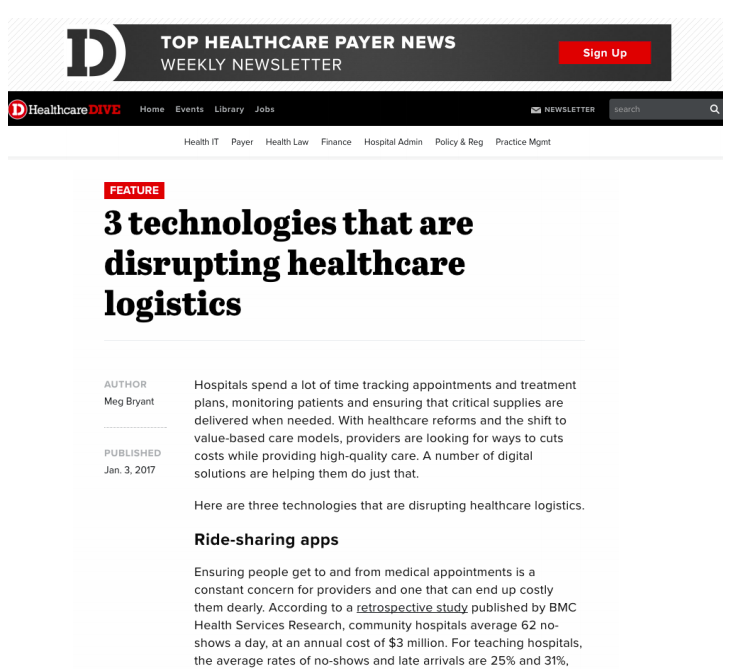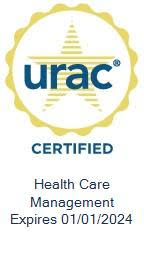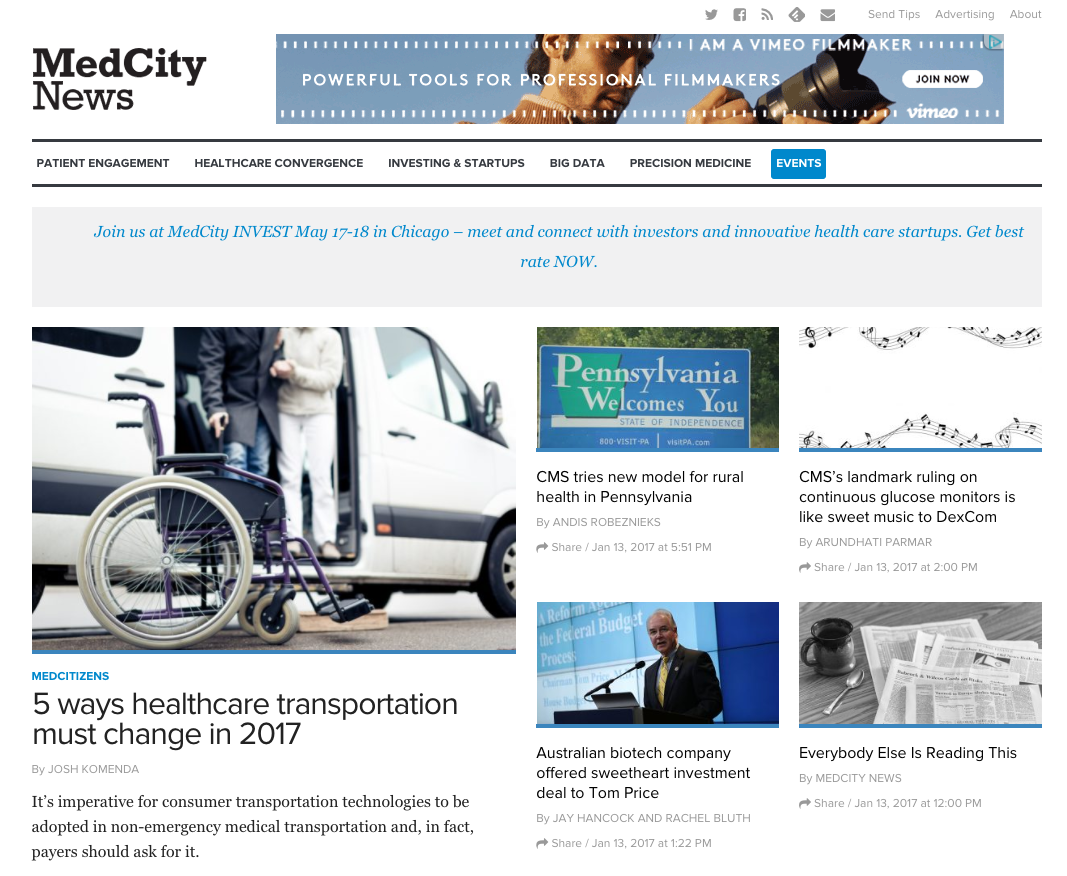Three technologies that are disrupting healthcare logistics
January 4, 2017
Hospitals spend a lot of time tracking appointments and treatment plans, monitoring patients and ensuring that critical supplies are delivered when needed. With healthcare reforms and the shift to value-based care models, providers are looking for ways to cut costs while providing high-quality care. A number of digital solutions are helping them do just that.
Here are three technologies that are disrupting healthcare logistics.
Ride-sharing apps
Ensuring people get to and from medical appointments is a constant concern for providers and one that can end up costly them dearly. According to a retrospective study published by BMC Health Services Research, community hospitals average 62 no-shows a day, at an annual cost of $3 million. For teaching hospitals, the average rates of no-shows and late arrivals are 25% and 31%, respectively…
San Diego-based Veyo is adapting advancements in consumer on-demand transport specifically for healthcare needs. The one-year-old startup currently provides rides for Medicaid beneficiaries in six states — Arizona, California, Colorado, Idaho, Michigan and Texas — and is gearing up for expansion into five or six more in 2017, Veyo President Josh Komenda tells Healthcare Dive.
With $4 billion to $5 billion a year spent getting clients to and from appointments, Medicaid is a huge opportunity for non-emergency medical transport (NEMT) companies like Veyo. “When you think about an agency that spends $20 to $30 to get someone to their appointment, it can actually pay off dividends in savings by keeping people healthier, keeping them compliant to their care, making sure that they’re getting in when they have chest pain or need to get on dialysis,” Komenda says. A 2008 study of Florida’s NEMT costs found each dollar spent on NEMT could save up to $11 in healthcare costs.
Komenda sees Veyo and companies like it as the next-generation of NEMT brokers, managing the entire needs of a health plans’ transportation benefit. Its rideshare drivers are trained on HIPAA, CPR and first aid as well as how to help people with disabilities or age-related issues get in and out of vehicles. It actively monitors for fraud, waste and abuse and tracks all vehicles in real time, allowing it to correct service failures before they happen.
Published: January 3, 2017
Author: Meg Bryant
Read the original article here.



